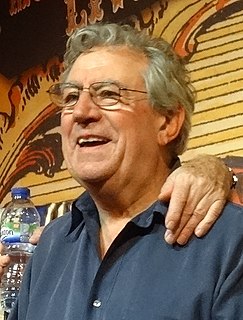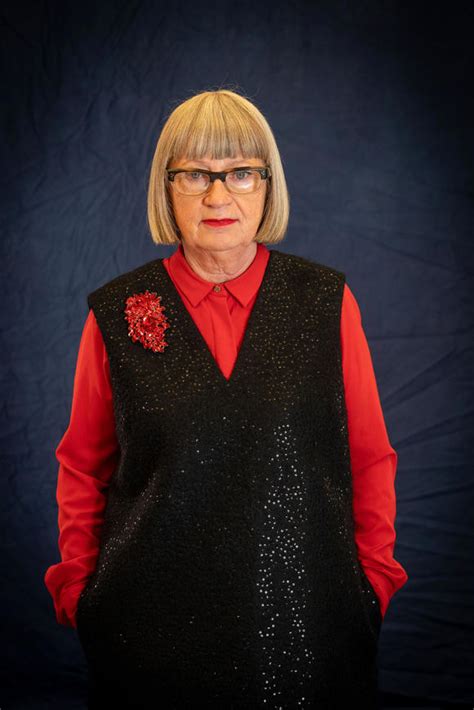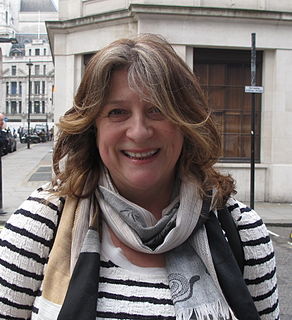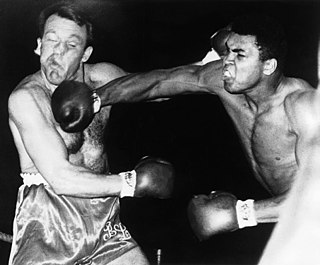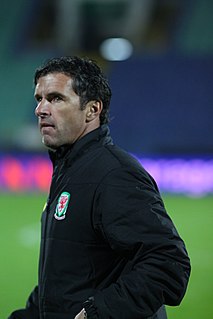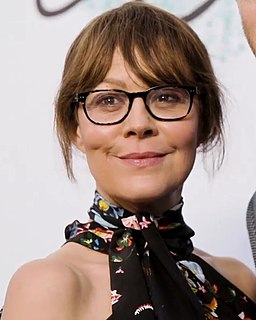A Quote by Terry Jones
I spent my earliest years in Colwyn Bay in north Wales with my mother and grandmother, while my father was stationed with the RAF in India.
Related Quotes
My father, who was a sergeant in the RAF during the Second World War, was killed in a hitchhiking accident while returning home on compassionate leave. As a result, my mother had to get work, as a nurse, and at seven the RAF put me into a boarding school and ex-orphanage called the Royal Wolverhampton School.
My mother married again after my father's death - another Royal Air Force officer, and a very different kind of man. We went to Australia when I was eight or nine. We lived there for a couple of years, and then came back and lived in North Wales for the whole of my teenage years... I learned how to write poems quite a lot. I just had a good time reading and reading and reading. So that's where I did most of my growing up.
My mother was quite poorly. She suffered from bipolar disorder, which at that time was called manic depression. She spent a lot of time in psychiatric hospitals, and my father was away a lot with the RAF and then with his job in civil aviation, so I was raised in part by my sisters and my godmother, Sylvia.
I got into boxing for two reasons. One was that my father was a boxer. Secondly when I was young, all healthy men in the UK had to do two years "National Service" in one of the armed forces. I chose the Royal Air Force over the Army and Navy. My father's reputation went before me and therefore the RAF encouraged me to box. There is much rivalry in sporting competitions between the Army, Navy and RAF. Competing has great privileges. I didn't need too much encouragement with all these perks being offered, so I started training with a vengeance.
